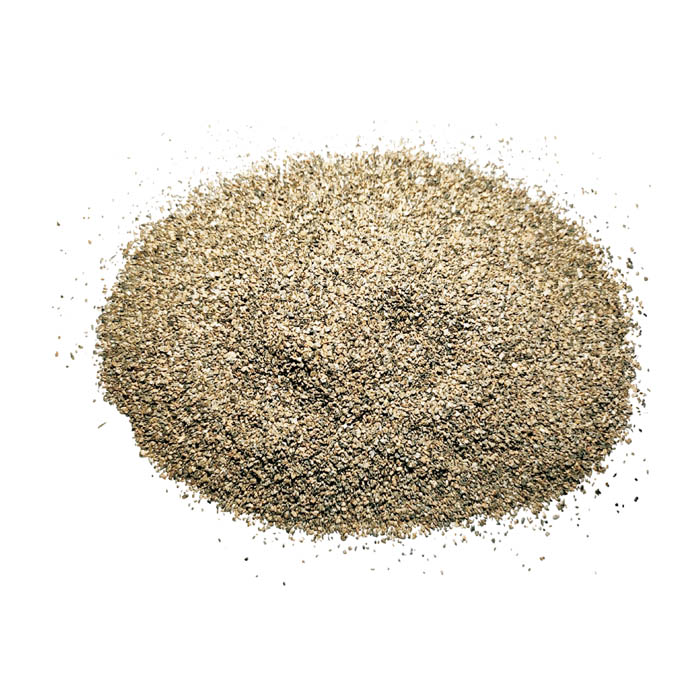Nov . 10, 2024 00:05 Back to list
Optimizing Quality Aggregates for Enhancing Lightweight Concrete Performance and Durability
High Quality Aggregates for Lightweight Concrete
Concrete is a fundamental material in construction, widely used for its strength, durability, and versatility. The introduction of lightweight concrete has expanded its applications significantly, especially in projects where reducing dead load is crucial. However, to achieve the desired performance characteristics of lightweight concrete, the choice of aggregates plays a vital role. This article explores the importance of high-quality aggregates in the formulation of lightweight concrete, focusing on their types, properties, and benefits.
Understanding Lightweight Concrete
Lightweight concrete is characterized by its lower density, making it an ideal choice for applications requiring reduced weight without compromising structural integrity. It typically contains aggregates that are lighter than conventional stone aggregates. These may include natural lightweight aggregates like pumice, expanded clay, or shale, as well as synthetic aggregates such as expanded polystyrene (EPS) beads. The incorporation of these aggregates not only lowers the density of the concrete but also enhances its thermal insulation properties.
Types of High-Quality Aggregates
1. Natural Lightweight Aggregates These naturally occurring materials, such as pumice and scoria, have a porous structure that contributes to lower density in concrete. They are known for their excellent thermal insulation properties and can help improve the acoustic performance of structures.
2. Expanded Aggregates Materials like expanded clay, expanded shale, or expanded glass are processed to create a lightweight aggregate with controlled porosity. These aggregates are manufactured through processes involving heating and expansion, resulting in a material that is both lightweight and strong.
3. Synthetic Aggregates Lightweight synthetic aggregates, such as polystyrene beads or other polymeric aggregates, are also gaining popularity. They can significantly reduce weight and offer unique properties, such as high insulation and moisture resistance.
Properties of High-Quality Aggregates
Quality aggregates contribute to the performance of lightweight concrete in several key aspects
- Density and Strength High-quality lightweight aggregates should provide adequate compressive strength while maintaining lower density
. This balance is critical in ensuring that the structural integrity is not compromised.high quality aggregates for lightweight concrete

- Absorption Capacity The water absorption capacity of aggregates influences the water-cement ratio in the concrete mix. High-quality aggregates should exhibit consistent absorption rates to ensure uniformity and prevent issues like cracking or shrinkage during curing.
- Thermal and Acoustic Insulation Lightweight aggregates often have porous structures, which enhance the thermal insulation properties of concrete. This is particularly beneficial in energy-efficient building designs, where temperature regulation is essential.
- Durability and Resistance to Weathering Selecting aggregates that are resistant to weathering and degradation is crucial for maintaining the longevity of lightweight concrete structures. High-quality aggregates should ensure that the concrete can withstand freeze-thaw cycles and environmental exposure.
Benefits of Using High-Quality Aggregates
- Reduced Structural Load The most apparent benefit of lightweight concrete is the reduction in weight, which can lead to savings on structural support systems. This is especially advantageous in high-rise buildings or bridges where weight is a critical factor.
- Enhanced Energy Efficiency The thermal insulation properties of lightweight concrete can lead to significant energy savings in heating and cooling requirements, resulting in lower operational costs and a reduced carbon footprint.
- Improved Workability Lightweight aggregates often offer better workability compared to traditional aggregates, allowing for easier placement and finishing. This can enhance productivity on job sites, leading to faster completion times.
- Versatility in Applications Lightweight concrete can be used in a wide range of applications, including precast concrete elements, roof systems, and building facades. The ability to select from various types of lightweight aggregates allows for tailored solutions that meet specific project requirements.
Conclusion
The selection of high-quality aggregates is paramount in the formulation of lightweight concrete. As the construction industry continues to focus on sustainable and efficient building practices, the demand for innovative lightweight concrete solutions will grow. By understanding the types, properties, and benefits of high-quality aggregates, engineers and architects can create structures that not only meet but exceed performance expectations. Embracing these advancements in material science paves the way for a more sustainable future in construction, where lightweight concrete plays a pivotal role.
-
High-Quality Fe-C Alloy Leading Manufacturers & Spherical Alloy Materials Supplier
NewsJun.10,2025
-
Premium Low Nitrogen Recarburiser Supplier & Manufacturer – High Quality Exporters
NewsJun.10,2025
-
DT4 High-Quality Magnetic Materials Leading DT4 Manufacturer & Supplier
NewsJun.10,2025
-
High-Performance Spring Steel Suppliers Custom Solutions
NewsJun.10,2025
-
Premium SWRCH6A Manufacturer Steel Wire Supplier & Factory
NewsJun.10,2025
-
Premium Mild Steel Wire Rod Supplier & Manufacturer
NewsJun.10,2025
